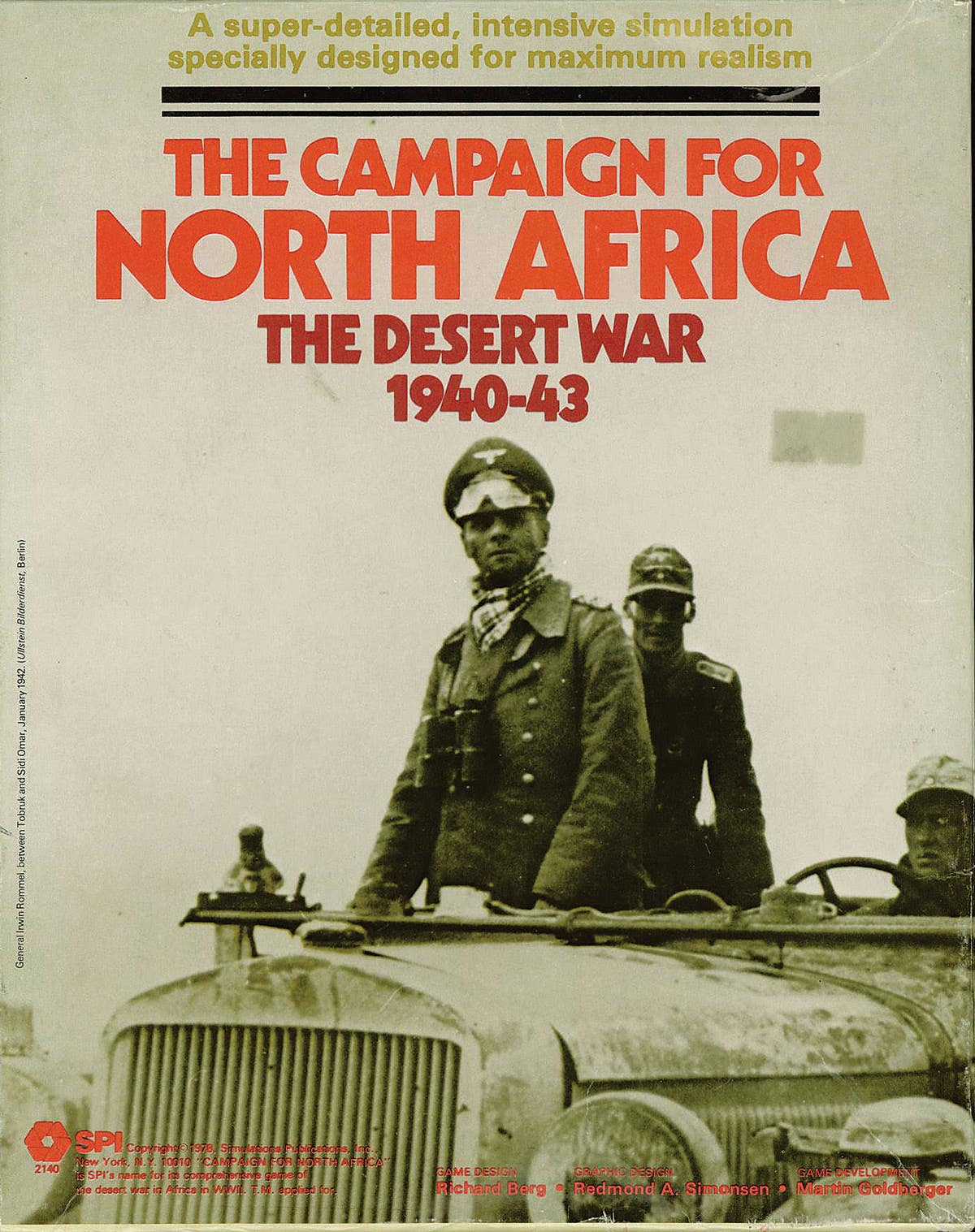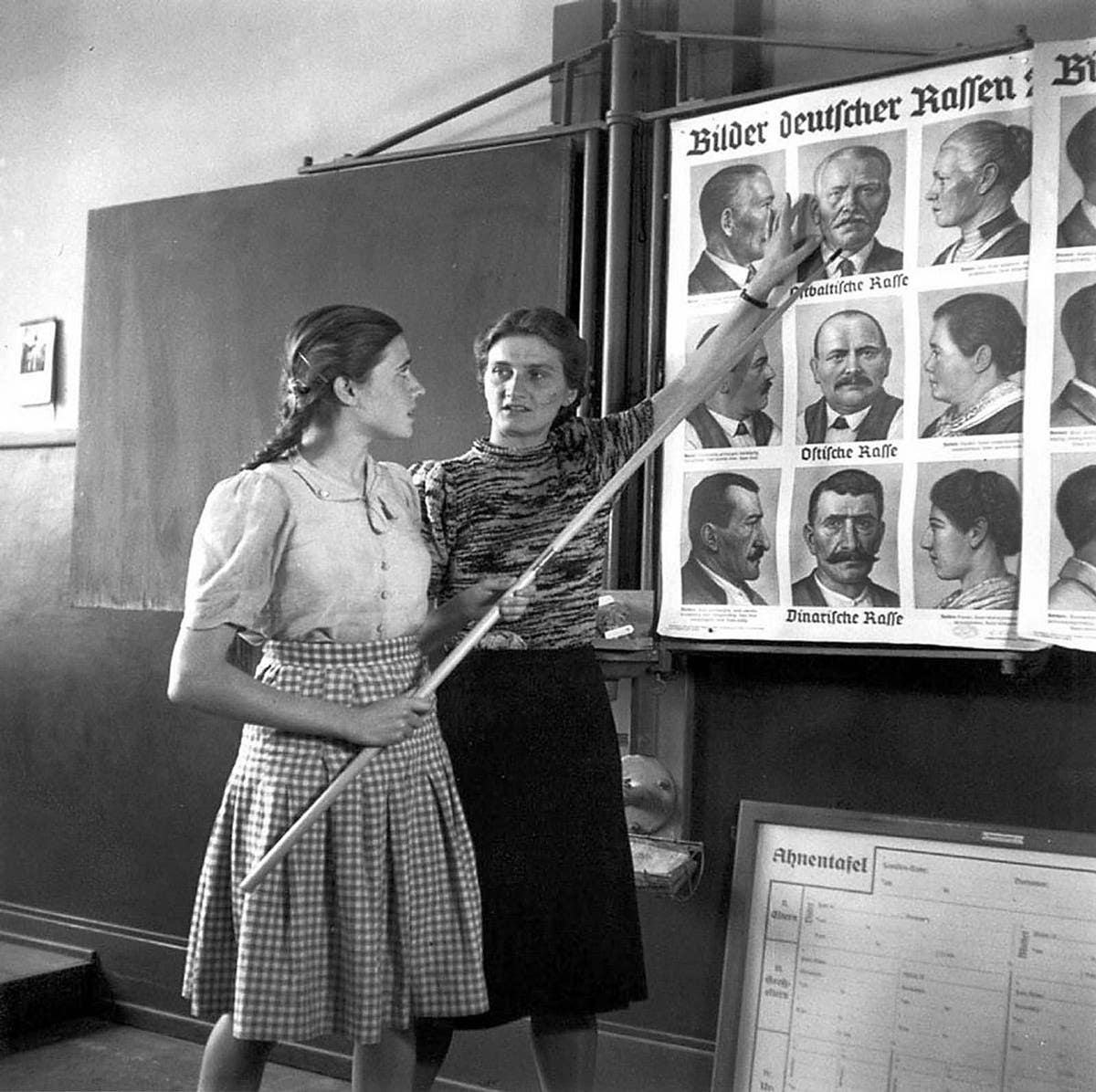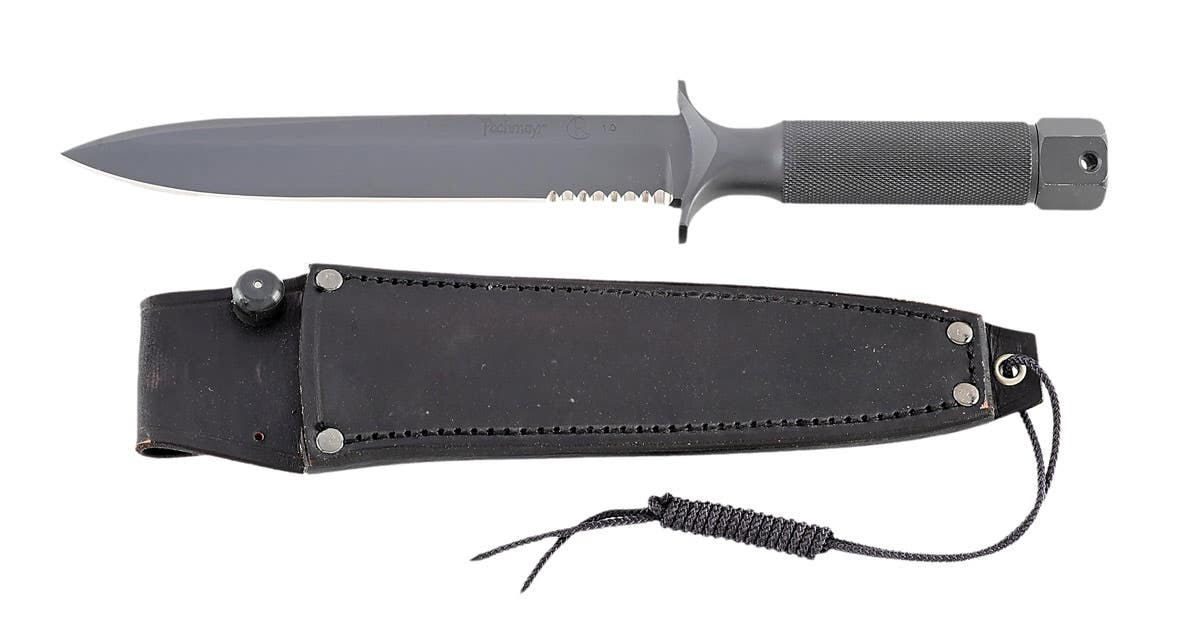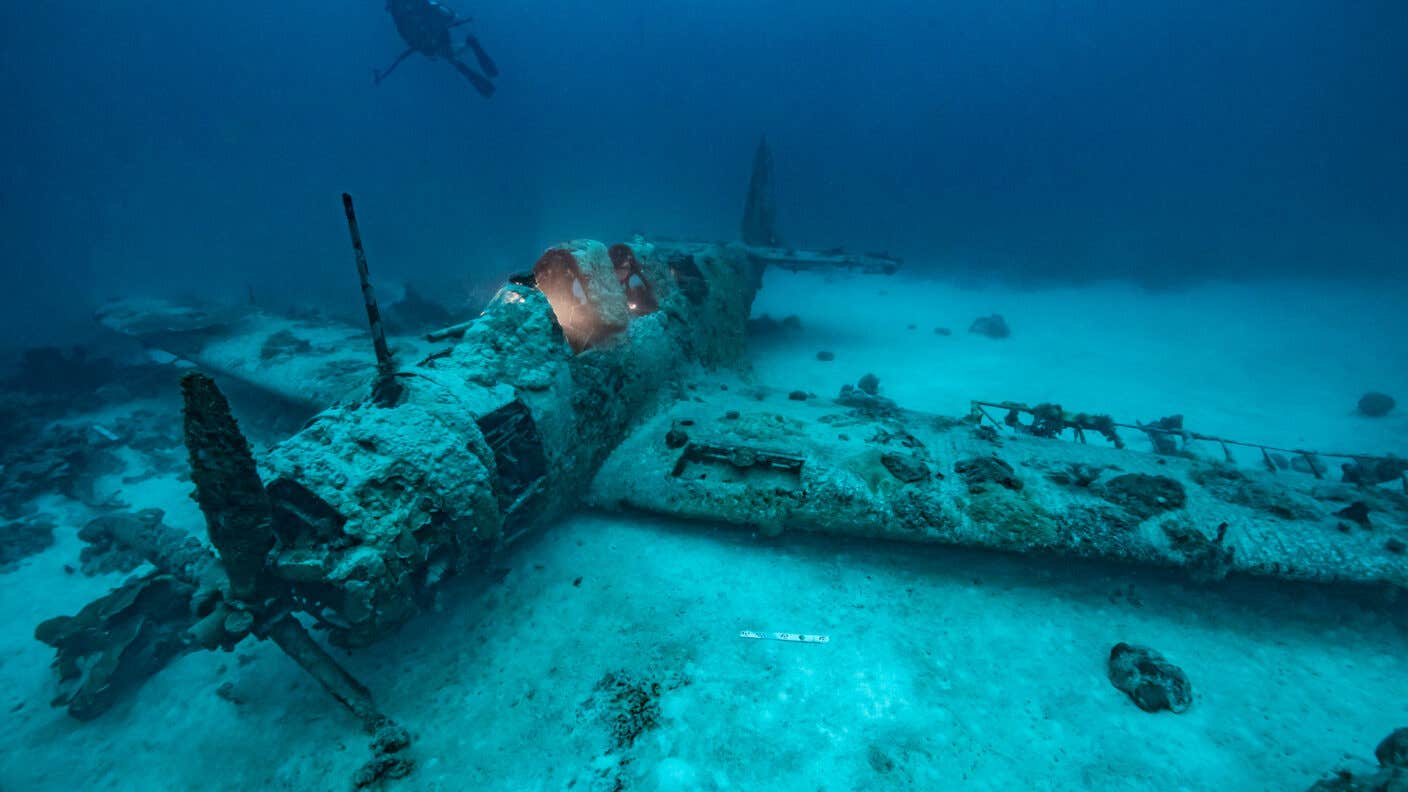Captive Military Audience – Part II
Prisoners of the Rising Sun POW films set in the Pacific
The prisoner of war film set in the Pacific is almost universally different from the POW film set in Europe. Most notable of the Pacific versions—beside the fact that the Japanese guards are often (accurately depicted as) cruel in their punishment—the camps are usually quite different, with few having fences to retain the prisoners. Instead, it is the hostile environment that, at times, is almost as brutal as the camp’s guards. The theme of many of these POW movies is somewhat different. Instead of plans for escape, the main motive is simply to survive.
Here is a look at some of the most notable films of POW camps under the flag of the Rising Sun.
The Bridge on the River Kwai (1957, Directed by David Lean)
Action: ***
Authenticity: ***
Plot/Story: ****
Acting: ****
Directing: ****
Available on DVD
The movie’s ending is cinematic magic —and pure fantasy. Whereas a real bridge was built over the Mae Klong by conscripted Asian laborers and prisoners of war, most of this story is fictional, but nonetheless very powerful thanks to the vision of director David Lean. When it was released the film’s harsh depiction of life in the camp was considered somewhat shocking, but in fact, the suffering by the soldiers was actually far worse than depicted on screen.
Besides the fact that film somewhat tarnishes the reputation of the allied soldiers—notably the British commander played by Alec Guinness— the story’s plot is somewhat perforated. William Holden as an American POW can escape from the camp through the jungle, and manage to return with a commando team to destroy the bridge, yet it is out of range of long-range aircraft? In reality it wasn’t a commando raid, but rather aerial bombing that destroyed the bridge. Despite this the film sets the tone of all the Japanese-themed POW films to follow.
King Rat (1965, Directed by Bryan Forbes)
Action: **
Authenticity: ****
Plot/Story: ****
Acting: ****
Directing: ****
Available on DVD
For years, this had been “the other POW film” set in the Pacific, and yet this might be one of the best. Corporal King (George Segal) has the role of a profiteer looking to do a bit more than just survive. He becomes a sort of pawn between two British officers as they deal with their own social and political divide. The film lacks the usual POW film devices such as escape attempts and notably the Japanese are far from the sadistic stereotypes that we’ve come to expect.
This makes for a slow moving, yet tension filled film. While not the easiest film to watch, King Rat is first-rate story telling with a strong cast, powerful musical score by composer John Berry and a message of hope in the darkest hours.
Merry Christmas, Mr. Lawrence (1983, Directed by Nagisa Oshima)
Action: **
Authenticity: ***
Plot/Story: ***
Acting: ***
Directing: ***
Out of print on DVD, Available as Region 2 DVD
This is a surreal film from beginning to end, conspicuously so given that the main actors are pop stars David Bowie and Ryuichi Sakamoto, who were at the height of their popularity in their respective homelands when the film was made.. The film probably veers off track into the realm of the homoeroticism for some viewers, so anyone expecting a straight POW story might otherwise avoid this one. But if you can accept that it is these taboos that are the basis of the clash of wills between the commandant (Sakamoto) and British Commander Major Celliers (Bowie), this makes for an interesting film. Colonel Lawrence is another part of the equation, the British POW’s liaison with the guards and man who has lived in Japan - yet one who fails to fully understand them as a people.
And this latter point is key to the whole film; the lack of understanding the enemy was what made them so very difficult to fight. Together these points make for a fascinating film, and although not the easiest to endure, it is one with reasonably strong performances. This is also among the first films that truly depicted the brutality of the Japanese guards, and the importance of the bushido code of the officers.
Three Came Home (1950, Directed by Jean Negulesco)
Action: **
Authenticity: ***
Plot/Story: ****
Acting: ****
Directing: ***
Available on DVD
This film predates “The Bridge on the River Kwai” by seven years. And while often forgotten by war movie buffs, it is for good reason. This isn’t the most typical POW film—notably the main characters are women. Based on a book written by the main character, Anges Newton Keith (played by Claudette Colbert in the movie), this film chronicles Keith’s life from imprisonment in 1941 to the end of WWII. Separated from her husband (who is a government official and is sent to another camp), she is faced with raising her young son in the camp, and to do so forges an uneasy peace with the camp commandant. Strong performances, particularly by Colbert and Sessue Hayakawa (Commandant Colonel Suga) make this one worth watching.
Empire of the Sun (1987, Directed by Steven Spielberg)
Action: **
Authenticity: ****
Plot/Story: **
Acting: ***
Directing: ***
Available on DVD
Strictly speaking this isn’t so much a POW film in the traditional sense. Most of the characters aren’t actually prisoners of war, as they are interned civilians. These include Jamie Graham, played by a young Christian Bale, who is the only child of a wealthy British couple. After the fall of Shanghai, Graham finds himself in a sort of Oliver Twist state—a young man alone in a strange big city. After managing to find a ne’er-do-well protector in Basie (John Malkovich), the pair soon end up in an internment camp with other Westerners.
As it is meant to be seen through the eyes of a child, the film is shown with lots of wonder and excitement but this really underscores the brutality and horrors inflicted by the Japanese. Coupled with a slow pace and far too much story with too little plot development, you almost feel the weight of the passage of time that the characters must be experiencing. “Empire of the Sun” is certainly not Spielberg’s best work.
To End All Wars (2001, Directed by David L. Cunningham)
Action: **
Authenticity: ***
Plot/Story: **
Acting: ***
Directing: ***
Available on DVD
Essentially, this is the true story of the railroad line being built in “Bridge on the River Kwai”. The key plot points are there from beginning to end: the guards are brutal, the work is too hard, the land is hostile and there is no hope for escape, only survival. This film, which stars Kiefer Sutherland and Robert Carlyle is filled with the typical brutal Japanese guards and their bushido code that just assumes the Westerners to be inferior and not worth anything because they surrendered.
The film’s bigger problem is that it might be too frank a depiction with far too little pay-off. The acting is also a bit flat, and some of the actions by the guards are almost over the top, so the result is that this film struggles to the end. While the viewer knows that the war will end, there is a feeling that the film might not.
Paradise Road (1997, Directed by Bruce Beresford)
Action: **
Authenticity: ***
Plot/Story: ***
Acting: ***
Directing: ****
Available on DVD
Reminiscent of “Three Came Home”, this film by Bruce Beresford (Breaker Morant) features an extremely strong cast led by Glenn Close and Frances McDormand, and features Julianna Margulies, Cate Blanchett and Pauline Collins. They play a group of women, brought together from vastly different backgrounds, who find themselves in an internment camp on Sumatra.
Paradise Road presents a very realistic look at the harsh conditions the women faced, and the result is anything but glamorous. The acting is strong though there are some clichéd moments, including expected encounters with the rather sadistic guards. Likewise, the story moves along at a comfortable pace, but it is essentially a series of short episodes rather than a straight plot. But given that this is a tale hardly recounted, “Paradise Road” is like a trip to a place that few documentaries have ventured.
The Great Raid (2005, Directed by John Dahl)
Action: ***
Authenticity: ***
Plot/Story: **
Acting: ***
Directing: **
Available on DVD and Blu-ray Disc
This film is part POW camp survival tale, part love story and, as the title suggests, part rescue film. Despite the name, there is really nothing all that great about it. The film, which chronicles the story of 500 American soldiers, victims of the Bataan Death March who have barely managed to survive in a camp in the Philippines and the raid to rescue them, is unbalanced and filled with just far too many formulaic situations and characters that become almost caricatures.
While Joseph Fiennes is well-cast as the leader of the POWs, Benjamin Bratt practically phones in an over-the-top portrayal of Ranger leader Lt. Colonel Mucci. The biggest detraction is the numerous subplots that just drag down the story. Without meaning to insult any of our brave American troops who had to endure actual captivity, this film just drags out so long that by the time the raid comes you might just feel you’ve been liberated from a lesser movie.
Peter Suciu is a freelance journalist and when he isn't writing about militaria you can find him covering topics such as cybersecurity, social media and streaming TV services for Forbes, TechNewsWorld and ClearanceJobs. He is the author of several books on military hats and helmets including the 2019 title, A Gallery of Military Headdress. Email him and he'd happily sell you a copy!








